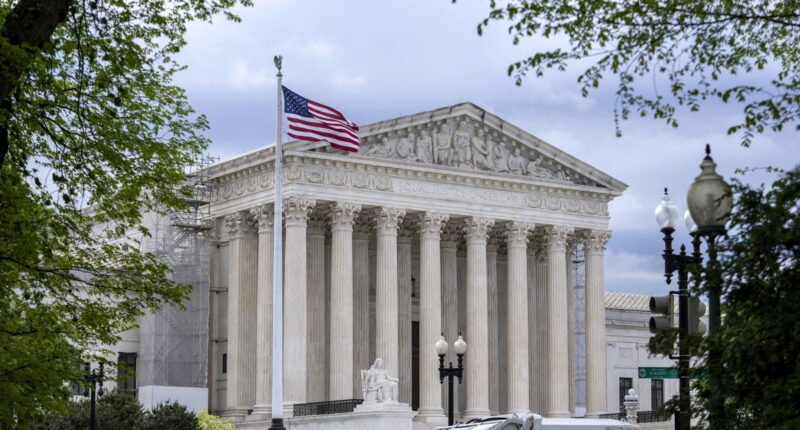WASHINGTON — The Supreme Court upheld on Friday the fee added to phone bills to support subsidized phone and internet services in schools, libraries, and rural areas, generating billions of dollars annually.
By a 6-3 vote, the justices overturned an appeals court decision that had deemed the Universal Service Fund, a charge added to phone bills for almost three decades, as unconstitutional.
During the March hearings, both liberal and conservative justices expressed worries about the potentially severe impacts of abolishing the fund, which has benefited millions of Americans over the years.
The Federal Communications Commission collects the money from telecommunications providers, which pass the cost on to their customers.
A Virginia-based conservative advocacy group, Consumers’ Research, had challenged the practice. The justices had previously denied two appeals from Consumers’ Research after federal appeals courts upheld the program. But the full 5th U.S. Circuit Court of Appeals, among the nation’s most conservative, ruled 9-7 that the method of funding is unconstitutional.
The 5th Circuit held that Congress had given too much authority to the FCC and the agency in turn had ceded too much power to a private entity, or administrator.
The last time the Supreme Court invoked what is known as the nondelegation doctrine to strike down a federal law was in 1935. But several conservative justices have suggested they are open to breathing new life into the legal doctrine.
The conservative-led court also has reined in federal agencies in high-profile rulings in recent years. Last year, the court reversed a 40-year-old case that had been used thousands of times to uphold federal regulations. In 2022, the court ruled Congress has to act with specificity before agencies can address “major questions,” in a ruling that limited the Environmental Protection Agency’s ability to combat climate change.
But the phone fee case turned out not to be the right one for finding yet another way to restrict federal regulators.
President Donald Trump’s Republican administration, which has moved aggressively to curtail administrative agencies in other areas, defended the FCC program. The appeal was initially filed by President Joe Biden’s Democratic administration.
Copyright © 2025 by The Associated Press. All Rights Reserved.

















